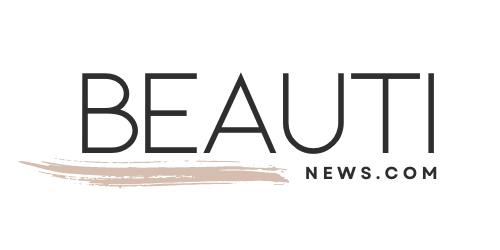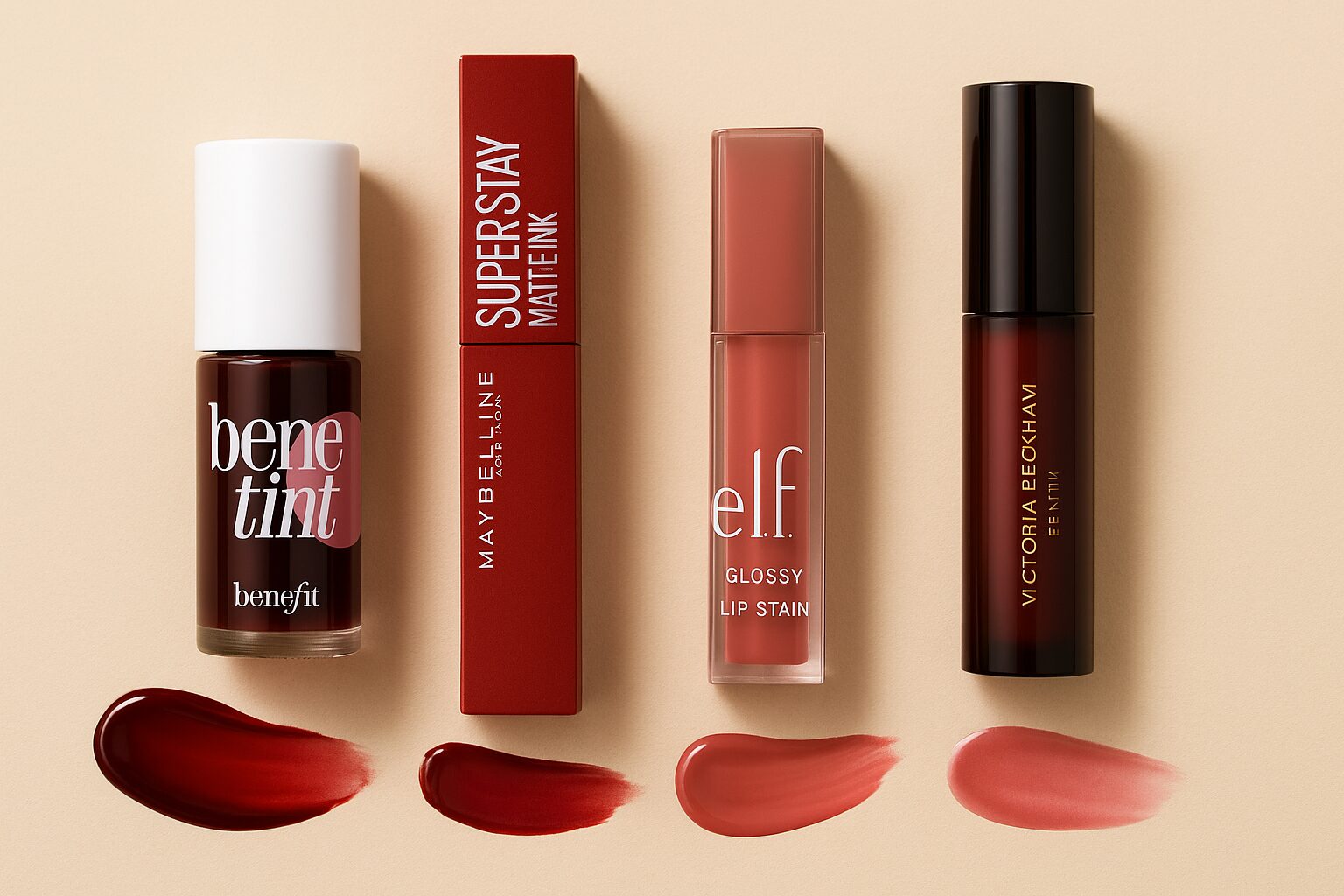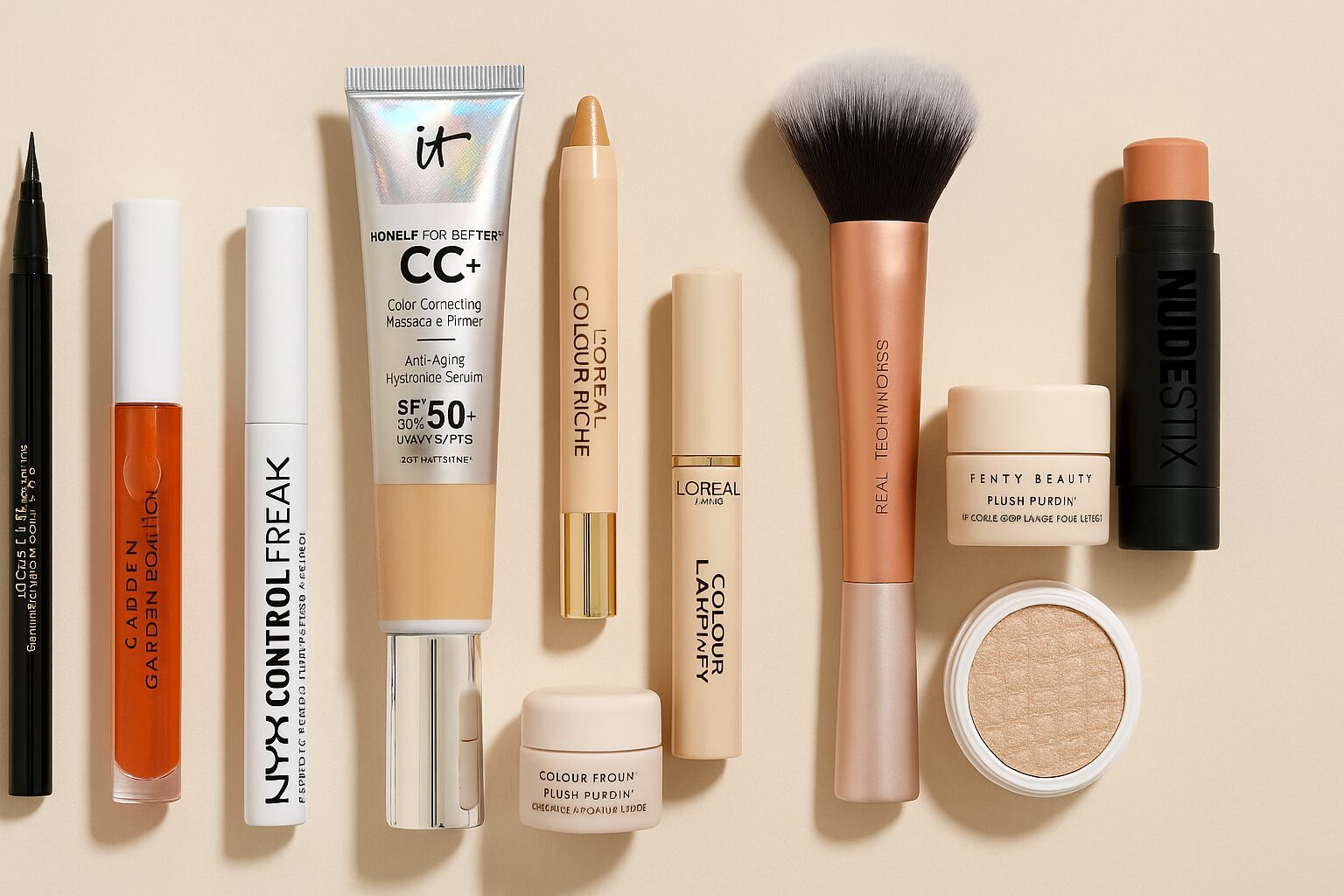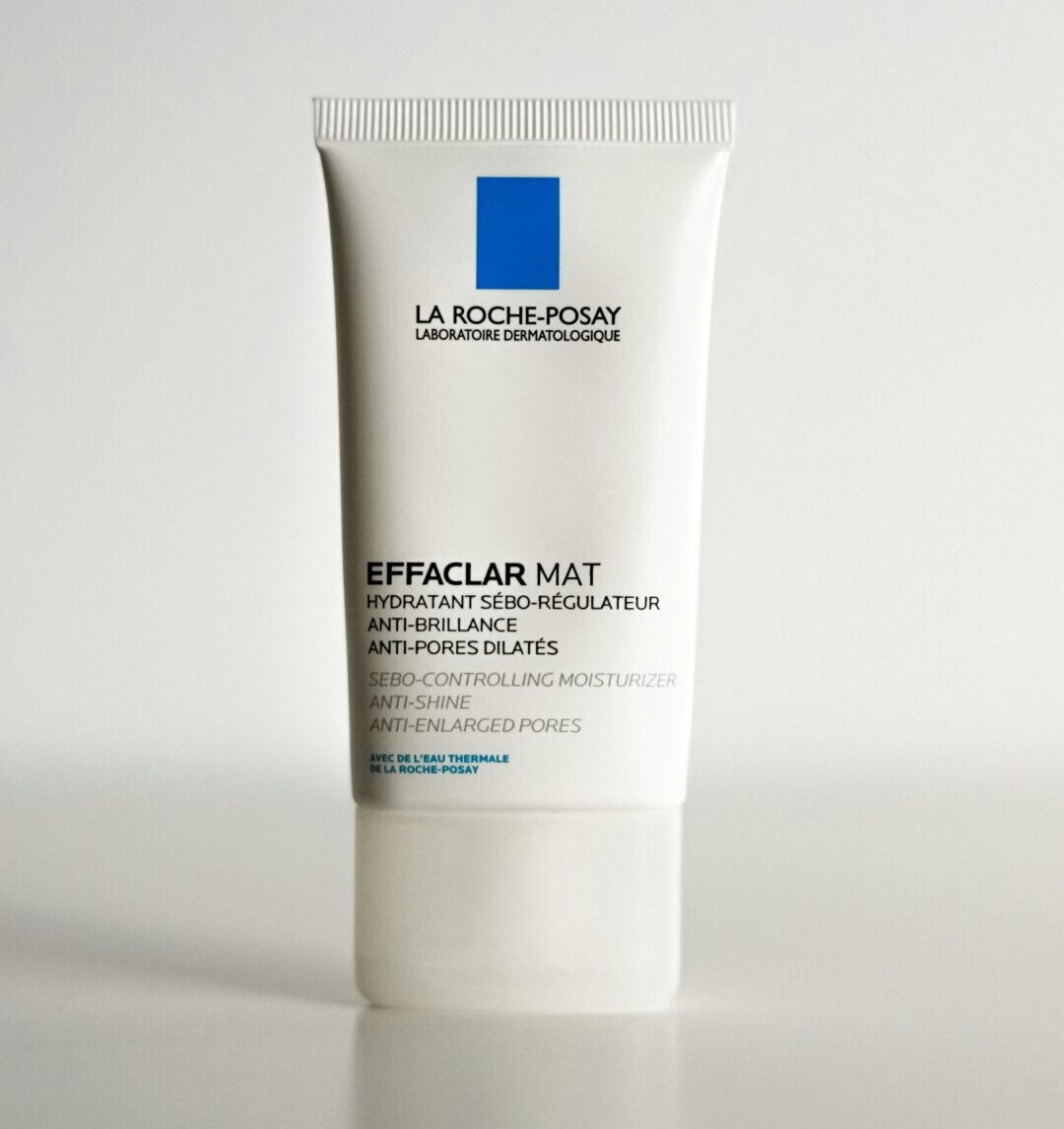As a middle-schooler, Golloria George recognised a significant problem in the beauty industry. There was an alarming lack of availability and accessibility to makeup shades, particularly for darker skin tones. “There were hardly any shades for me, and even if there were, they didn’t hit the deep, dark category,” George recalls.
This issue was highlighted during her time at university when she saw her friends enjoying experimenting with makeup. Watching her friends always getting ready together, she wished she could join in. Feeling isolated, George took to TikTok in January 2022, reviewing products and talking about her struggle to find suitable makeup matches. She aimed to connect with those who faced similar issues.
Today, George’s lonely journey has shifted to an inspiring movement, with over 1.6 million people, sharing and connecting on her experiences, replacing her once lonely makeup shopping journeys. Her platform contributes significantly to the pressure on brands to expand their line of shades to ensure inclusivity.
“Making these videos sheds light on the fact that there is still a lot of work to be done,” she says, adding, “Inclusiveness should be the bare minimum.”
As George grew in popularity online, many Black women began to appreciate her efforts and openly shared their experiences. “These experiences are very real, not only because I lived them, but now hundreds of thousands of other dark-skinned women relate to them,” she highlights. Her work has allowed her to build a community and feel less alone, helping to address the “What’s going on in the beauty industry?” question and helping others who feel the same.
A 2022 McKinsey report on Black representation in the beauty industry corroborated these shared experiences. It revealed that only 13% of Black survey respondents found it easy to access beauty products that met their needs at mass-market retailers or grocery stores. After purchasing such products, many customers reported dissatisfaction due to the products’ failure to meet ethnic needs.
Addressing the persisting issue, George asserts, “It’s not that they don’t know we exist. It’s simply that we are an afterthought to them,” adding that makeup brands could benefit financially from the inclusion of darker swatches. After all, Black consumers spent $9.4 billion on beauty products in 2023, accounting for 12.5% of total U.S. beauty spending.
On that note, George talks about the characteristics of inclusive makeup companies. She credits companies like Fenty by Rihanna, WYN Beauty by Serena Williams, and Made by Mitchell for passing her litmus test for inclusivity and setting industry standards. Fenty made a revolution in the industry with its 40 foundation shades and 91 different products introduced in 2017. Rihanna cited the importance of inclusivity stating, “It was important that every woman felt included in this brand”.
George also criticises brands that fail in their range of shades or inappropriately cater to darker skin tones. She has even pushed some companies to expand their range. One such instance was with the Shark Tank-backed company, Youthforia. After being called out for their lack of shades, the brand expanded their shade range, though the new shades still received George’s critique.
George acknowledges that it’s not easy for brands to hear her criticisms, but its necessity falls back to the consumer experience. “Imagine being a customer and walking into a store to try a product from a brand, and they aren’t even considering your skin color,” she comments.
She concludes that hiring Black creators as consultants could help improve the range of shades. George believes that pace plays a crucial role in achieving total inclusivity. Besides, if companies had the intention and saw their customers as humans, “You don’t need to know everything about makeup to make shades for darker complexions,” she concludes.




